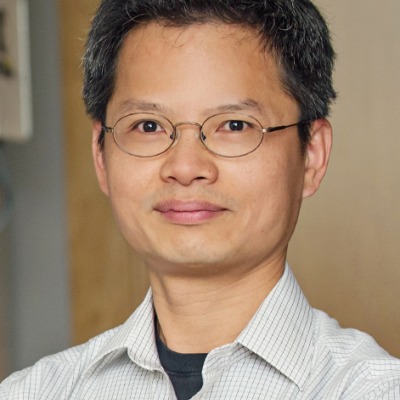Jiandie Lin, Ph.D.


Jiandie Lin investigates mechanisms that regulate energy metabolism in cells and organisms, in particular transcriptional networks in the control of mitochondrial function, metabolic signaling, and glucose and lipid homeostasis.
After completing undergraduate training in Biochemistry at Beijing University in 1994, Lin moved to Northwestern University to pursue graduate research with Daniel Linzer. As a postdoctoral fellow in the lab of Bruce Spiegelman at Harvard Medical School and Dana-Farber Cancer Institute, Lin investigated mechanisms underlying mitochondrial oxidative metabolism and its role in the pathogenesis of obesity and type 2 diabetes. His research provides fundamental insights into the metabolic basis of tissue function.
In 2005, Lin was recruited to the University of Michigan as a Biomedical Sciences Scholar. He is currently a professor in the Department of Cell & Developmental Biology at the U-M Medical School. Joining the Life Sciences Institute was the natural choice, said Lin. "Here you can find colleagues studying biological questions using completely different tools. The interdisciplinary aspect was extremely attractive to me, which is generating the kind of interactions hard to find in other places."